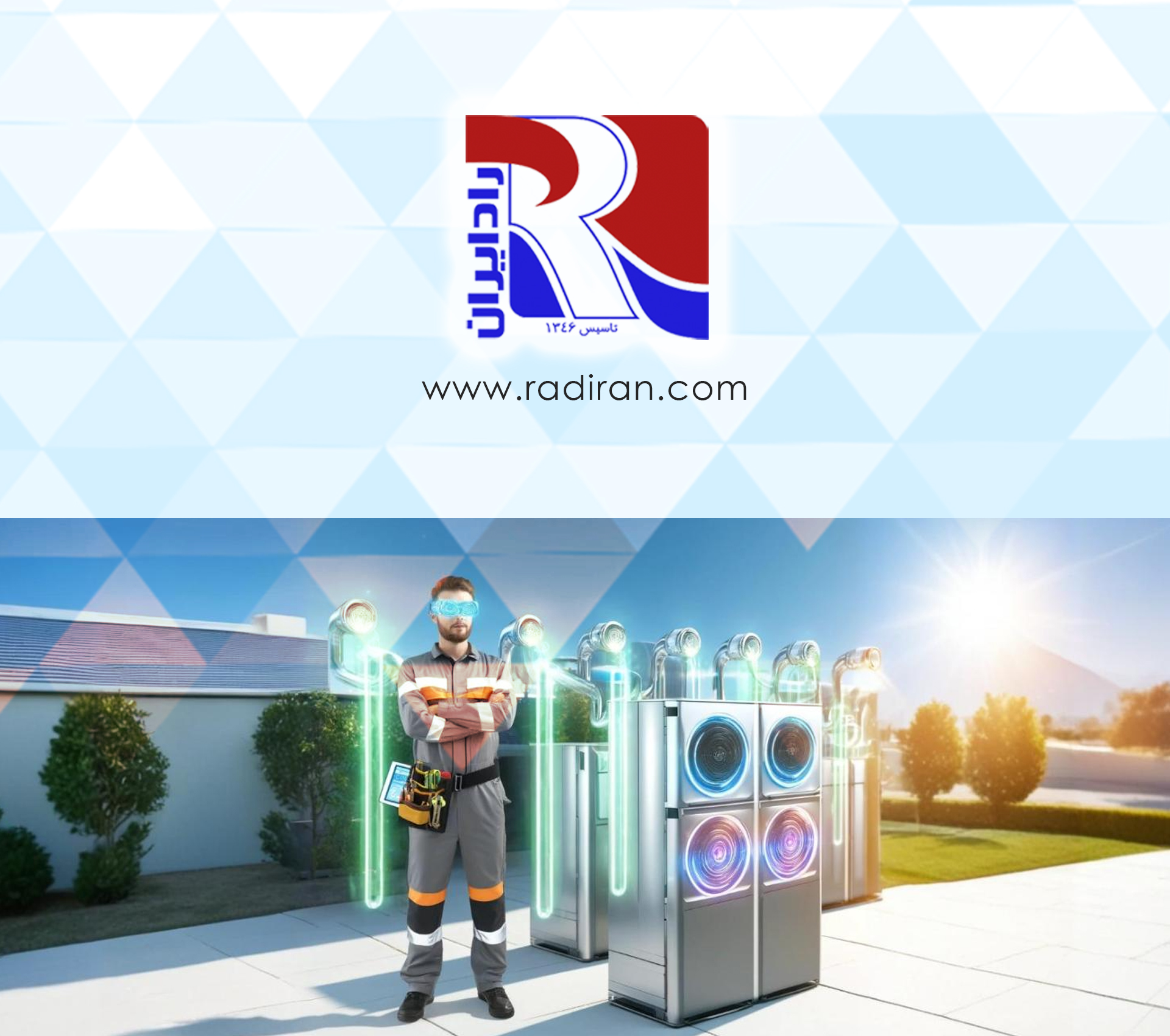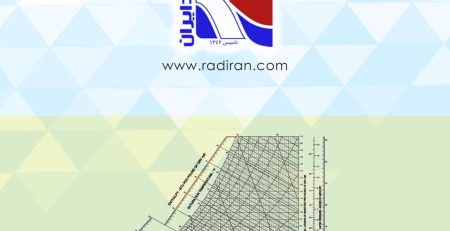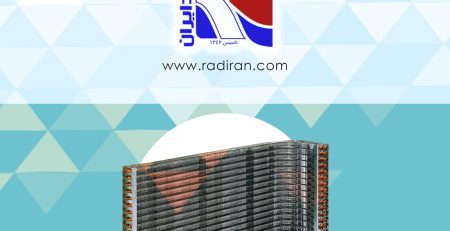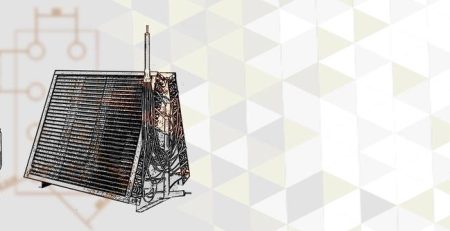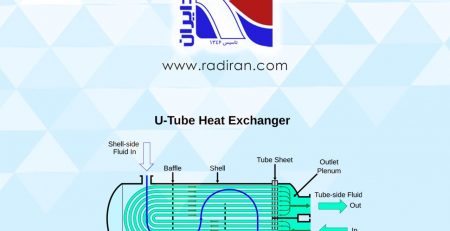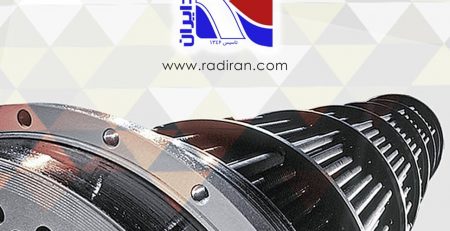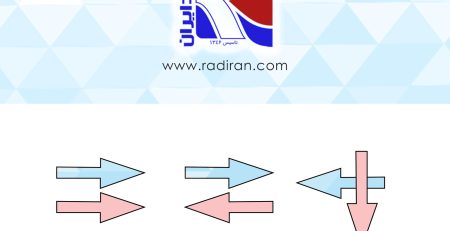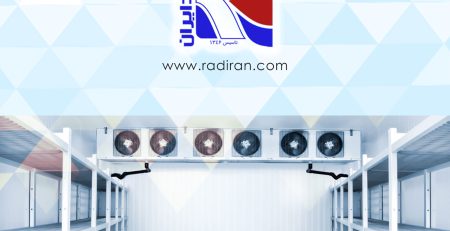The Impact of Artificial Intelligence on the HVAC Industry
Artificial intelligence (AI) offers unprecedented opportunities to enhance system performance and improve energy efficiency. In this article, we will explore how AI is transforming the HVAC industry and empowering engineers to design and develop smart HVAC solutions.
- Enhancing Energy Efficiency
HVAC engineers optimize energy consumption in HVAC systems by utilizing AI algorithms. AI collects data using various sources such as sensors and weather forecasts. By analyzing this data, AI automatically adjusts the devices. This data-driven decision-making approach allows the system to adapt to changing conditions, resulting in a significant reduction in energy waste and operating costs.
- Predictive Maintenance: Ensuring System Reliability
AI-based predictive maintenance is revolutionizing the way HVAC systems are monitored and serviced. By analyzing sensor data and historical patterns, AI algorithms can identify anomalies and predict equipment failures. Engineers can leverage AI monitoring systems to detect and address potential issues before they lead to system breakdowns. This proactive approach enhances system reliability, reduces downtime, and prevents costly repairs.
- System Optimization and Design: Creating Efficient HVAC Solutions
AI algorithms play a vital role in optimizing system design and performance. Through simulation and modeling, AI assesses various configurations, airflow patterns, and component selections to identify the most efficient and effective designs. By integrating AI-based optimization, HVAC engineers can improve cooling performance, reduce energy consumption, and enhance occupant comfort in residential and commercial environments.
- Smart Control Systems: Personalizing User Experience
With the development of smart control systems, AI enables HVAC units to continuously learn and adapt based on occupancy patterns, user preferences, and environmental conditions. By integrating AI algorithms into control systems, engineers can optimize comfort, automatically adjusting temperature and humidity settings, while personalizing the end-user experience. This creates a seamless and comfortable environment for occupants while ensuring energy efficiency.
- Data Analysis and Informed Decision-Making
AI possesses immense capabilities for managing vast volumes of data. AI algorithms analyze data from sensors, energy meters, and environmental factors, identifying patterns, trends, and areas for improvement. Utilizing these insights, engineers can make informed decisions, optimize system performance, and identify opportunities for energy savings. The data-driven approach of AI ensures efficient operations and sustainable practices.
- Advanced Diagnostics: Streamlining Maintenance Processes
AI assists HVAC engineers in diagnosing system issues more efficiently. Using machine learning algorithms, AI analyzes system data to identify failure patterns and suggest potential solutions. This simplifies troubleshooting processes, reduces diagnosis time, and facilitates effective maintenance. Engineers can quickly resolve issues and ensure optimal system performance with minimal disruptions.
Conclusion
As the HVAC industry embraces artificial intelligence, engineers are unveiling new opportunities for energy efficiency, maintenance practices, system optimization, smart control, data analysis, and diagnostics. By leveraging AI technologies, HVAC engineers are well-equipped to design and develop advanced, sustainable HVAC systems that create comfortable environments while minimizing energy consumption and reducing operational costs. The future of HVAC engineering is being shaped by AI, paving the way for a greener and more efficient industry.

